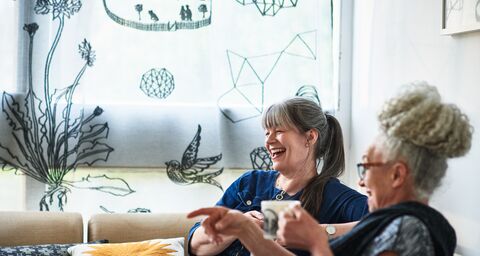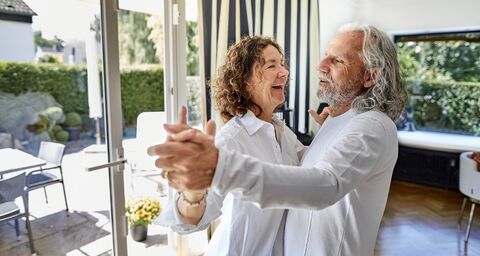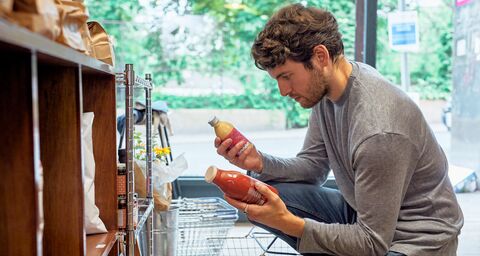
-
 Pension
PensionHow to have a million in the bank when you turn 65
-
 Pension
PensionPension fund and part-time work: Mind the pension gap!
-
 Pension
PensionFirst salary – what now?
-
 Pension
Pension8 tips: How to save on taxes
-
 Pension
PensionMaximum pillar 3a amount for 2026
-
 Pension
PensionYour pension fund certificate in a nutshell
-
 Pension
PensionEarly retirement: How to retire early
-
 Pension
PensionBudgeting correctly: tips for orderly finances
-
 Pension
PensionIdentify and close pension gap
-
 Pension
PensionGetting married and paying taxes: What changes for you
-
 Pension
PensionHome ownership – thanks to pension fund capital
-
 Pension
PensionWealth in old age: How much money you will need in retirement
-
 Pension
PensionBuying a house: here’s how the funding works
-
 Pension
PensionSustainable investing: What is it and how does it work?
-
 Pension
PensionAffordability of residential property in retirement
-
 Pension
PensionBudget planning for retirement: Early planning pays off
-
 Pension
PensionHome ownership on retirement: Selling your home?
-
 Pension
PensionThe mental challenge of retirement
-
 Pension
PensionPurchase of pension fund benefits: What you should know
-
 Pension
PensionAssets in Switzerland by age: How much money should I have?
-
 Pension
PensionInvesting for beginners: a 7-step guide
-
 Pension
PensionCost-average effect: invest steadily and benefit
-
 Pension
PensionRetirement for women – overview of key regulations
-
 Pension
PensionFinancial freedom in retirement Tips for avoiding poverty in old age
-
 Pension
PensionAnnuity or lump sum? Which is better?
-
 Pension
PensionBuying equities – is it worth it?
-
 Pension
PensionWhat is diversification? Risk distribution in a nutshell
-
 Pension
PensionSelling a house – repaying advance withdrawal
-
 Pension
PensionVested benefits and occupational benefits insurance: Key points
-
 Pension
PensionInvestment tips: can you invest without risk?
-
 Pension
PensionWe debunk five myths about starting to save young
-
 Pension
PensionInflation: Why you should invest your money
-
 Pension
PensionWhen should I start saving for retirement?
-
 Pension
PensionReturning to work after maternity leave: Tips for mothers
-
 Pension
PensionBuying a house: What to consider during a viewing
